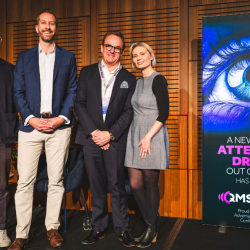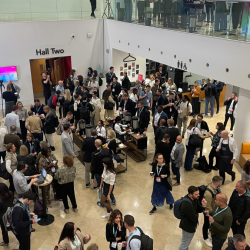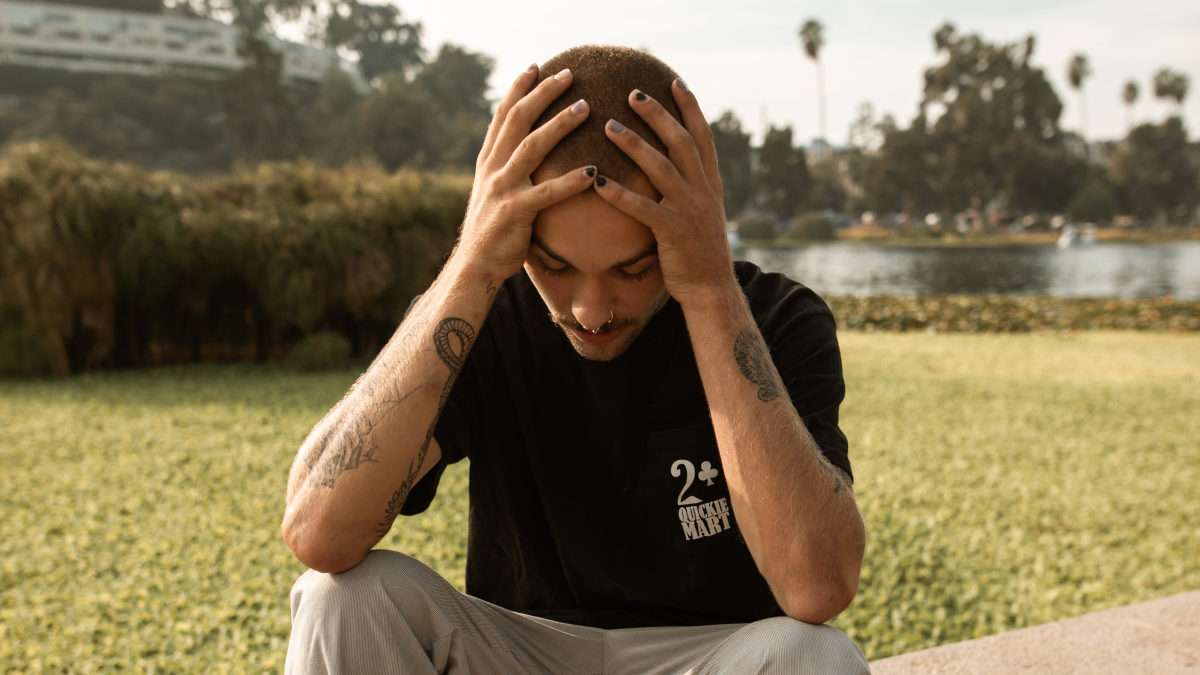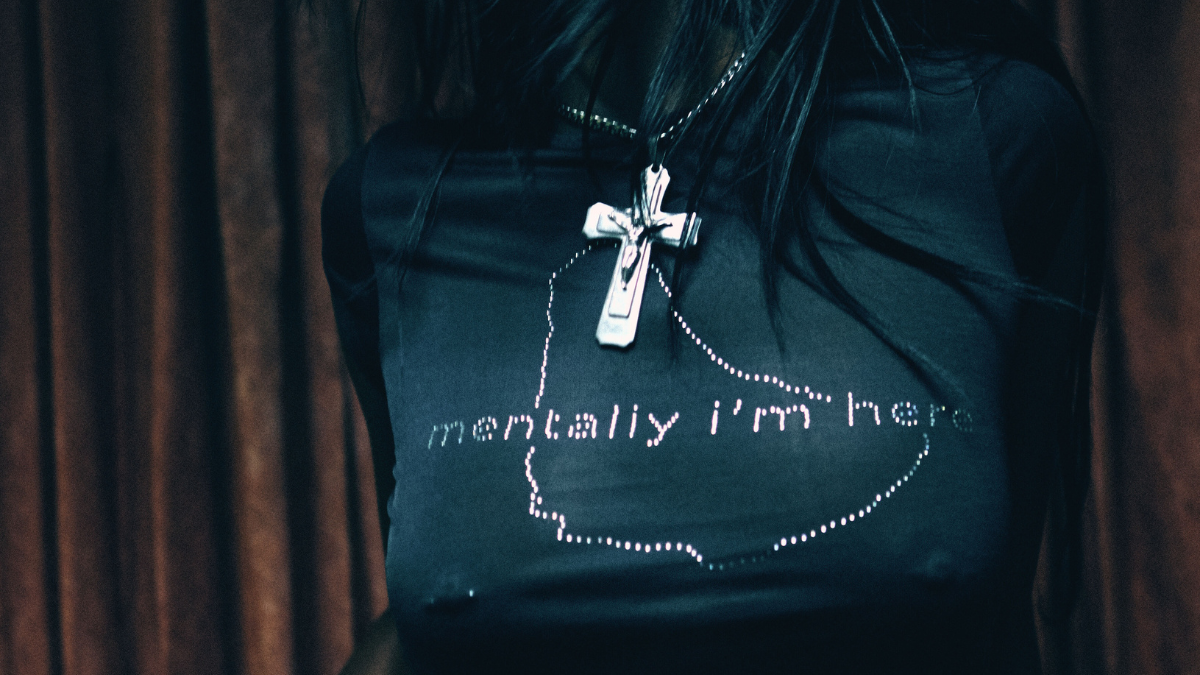For as long as I can remember, I’ve struggled with my mental health…
Deep depressions that I can see coming and yet am completely unable to stop enveloping me, rendering me lost, hopeless, and desperate for everyone to both leave me the fuck alone and stay close enough to hug me when I’m ready.
Lord knows why I struggle. I’d love to know, but like many others I sort of just find a way through it, and hope that my brain is kind enough to give me a nice window of normality before the next uninvited Black Dog parks itself heavily on my chest.
When it strikes, work is tough. The sort of tough where you’re expected to lead from the front, full of positivity and energy and be the rock on which the business leans when all you want to do is curl up and cry to The National type of tough. Yet I’m fortunate enough to run a business where I can have a say in how I work when I’m low and have seen enough of a change in cultural attitudes to make being honest about this — in a personal as well as a professional space — possible, in ways that it wasn’t previously. And yet, UK workers are taking more sick days than at any point in the last decade, citing toxic workplace cultures, stress, Covid-19 and the cost-of-living crisis pressures, creating a crisis of wellbeing amongst employees across the country.
We’re seeing a shift, with businesses resorting back to pre-Covid-19 attitudes, with humans seen as dispensable resources, forgetting that for the past couple of years, we’ve seen these same employees as actual real-life people, dirty washing and all, as they juggled work with life like never before.
The pandemic seemed to usher in a more caring relationship between work and life, a time where it was no longer seen as the very apex of piss-poor professionalism to have your child interrupt a meeting. But just this morning, I was talking to a friend whose wife is in hospital and whose boss is still demanding his presence at meetings despite the obvious challenges faced at home.
Of those entrants to Campaign’s recent Faces to Watch, a third (34%) said they had witnessed or experienced bullying or harassment, and 53% were disappointed by how situations were handled by management and HR.
Let me break it down.
A business that doesn’t care about its employees is a fucking disgrace
In a large-scale study of over 20,000 employees conducted by Anna Nyberg at the Karolinska Institute, they drew the startling conclusion that ‘Perceived poor managerial leadership increases the risk of sickness amongst employees later on in life…the longer a person has had a ‘poorer’ manager, the higher his or her risk of for example suffering a heart attack within a ten-year period.‘
Harvard Business Review notes also the challenges with disengagement. ‘Engagement in work — which is associated with feeling valued, secure, supported, and respected — is generally negatively associated with a high-stress, cut-throat culture.‘
Caring for employees isn’t a soft option, it’s good for business.
In the same article, HBR report that studies by the Queens School of Business and the Gallup Organisation show that organisations with low engagement scores experience 18% lower productivity, 16% lower profitability and 65% lower share price over time.
Not to be sniffed at.
The recent Russell Brand allegations have shown that often, there is way too little care taken. Not a beers-on-a-Friday, look-at-our-table-tennis-table-aren’t- we-nice, sort of care that blights the world of agencies and brands. A lean-in, checking-in, active engagement in the lives of your staff type of care. We need more business leaders to embrace an attitude to care that isn’t passive, taking a positive and open attitude to making sure people are ok — or even better — better than ok.
Make time for people to take care of themselves.
To say, ‘It’s fine, we’ve got you covered here.’
Anything less than that and we’re part of the problem.
Featured image: Mental Health America / Pexels































